MULTIPLE PATHWAYS IN ADDICTION RECOVERY: HOW TO RESPOND TO COMMON CHALLENGES - 2 CEs
PRODUCED BY:
SDPA Addictive Disorders Committee
DATE/TIME:
Saturday, May 4, 2019
10:00 am - 12:00 pm
LOCATION:
SDPA Office
4699 Murphy Canyon Rd.
San Diego, California 92123
(In the United Way Building)

Photo by Luca Bravo on Unsplash
FREE TO SDPA MEMBERS
Moderator: Charles Nelson, Ph.D.
Panelists: Steve Bucky, Ph.D. ABPP, Arthur J. Farkas, Ph.D., A. Tom Horvath, Ph.D. ABPP, and Timothy Rayner, M.D.
COURSE DESCRIPTION:
Over the last decade the concept of “multiple pathways of addiction recovery” has become widely recognized as a standard of care by recovery leaders and recovery organizations. However, this standard has not fully disseminated within the addiction and mental health treatment communities, healthcare, mutual help groups, public awareness, and the news media. Even if a psychotherapist does not specialize in addiction treatment, therapists regularly see clients with addictive problems, because of the high level of comorbidity of addictive problems with mental health problems. All psychotherapists will benefit from knowing how to apply the emerging standard of multiple pathways in their cases.
This moderated panel discussion will focus on how four highly experienced addiction therapists, with diverse backgrounds and theoretical orientations, address many of the common challenges that arise when attempting to create an effective treatment plan for their cases with addictive problems. The challenges arise because many of the increasingly diverse pathways of recovery are not well known or not well understood, and in some cases are controversial. The client may have preconceived ideas, or have been instructed by family, about what services and levels of care to seek, what recovery approach(s) to take, whether to use medications, what mutual help groups to attend (or not), what constitutes success, and so forth. The client may be overly attracted to solutions that have short-term advantages but potentially serious long-term negative consequences (and thus be acting as the client did when engaged in problematic addictive behavior). The client may be looking for exotic solutions in order to avoid basic but difficult work.
In the first hour the panelists will answer, in 2-3 minutes apiece, how they would address the following scenarios. In the second hour audience members will be invited to contribute a scenario, or the panel will continue with the scenarios listed below. If these scenarios are all addressed, the moderator will create additional relevant scenarios. The second hour will end with a 20-minute open discussion period.
LEARNING OBJECTIVES:
This workshop will help attendees to:
1. List three addictive medicine medications, and describe the range of situations they would be relevant for.
2. List a mutual help group that is not based on the 12-steps, and describe two differences between this group and the 12-step approach
3. List two aspects of good addiction psychotherapy that would also be aspects of good psychotherapy generally.
4. List two methods for screening for substance problems, and describe the advantages and disadvantages of each.
5. List two advantages and two disadvantages of viewing addiction as a disease.
TARGET AUDIENCE:
The target audience includes psychotherapists at any level of licensure.
MODERATOR:
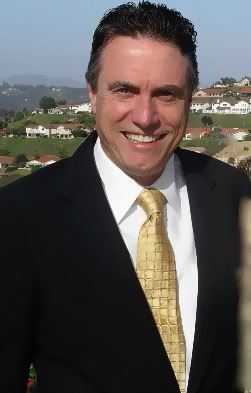
CHARLES E. NELSON, PH.D. is the Founder/Director of Change with Direction. Charlie has worked over 40 years in the mental health field and is well-published including writing for Hazelden Educational Materials. Charlie is a recognized international trainer on chemical dependency and trauma. Among the organizations he has trained are: Hazelden, the Betty Ford Center, the Cuban Psychological Association – University of Havana, the Alcohol & Drug Advisory Council of New Zealand, Hawaii’s Castle Hospital, the Clint Eastwood Youth Program and Community Hospital Recovery Center, U.C.L.A.’s Annual Drug & Alcohol Conference, the Naval Alcohol Rehabilitation Center, the State of California Rehab Department, Scripps Hospital’s Community Education Seminars, Oakland’s Merritt Peralta Institute, and the Ministry of Health - Government of British Columbia, Canada. For 16 years Charlie has been the MC for the monthly meetings of the San Diego Chapter of the National Council on Alcoholism and Drug Dependency. He has acted as a consultant to television, screenwriters, and stage theatre staff regarding relationship dilemmas and other psychosocial issues facing script characters. Productions include (but are not limited to): All in the Family, Eight is Enough, Murder She Wrote, and Trapper John, M.D. Charlie was selected by the Victim Assistance Coordinating Council for it’s Crime Victim Advocate of the Year Award and he received the California Governor’s “Doris G. Tate” Crime Victim Provider of the Year Award for his years of dedication and service to people suffering in the wake of trauma.
PANEL:
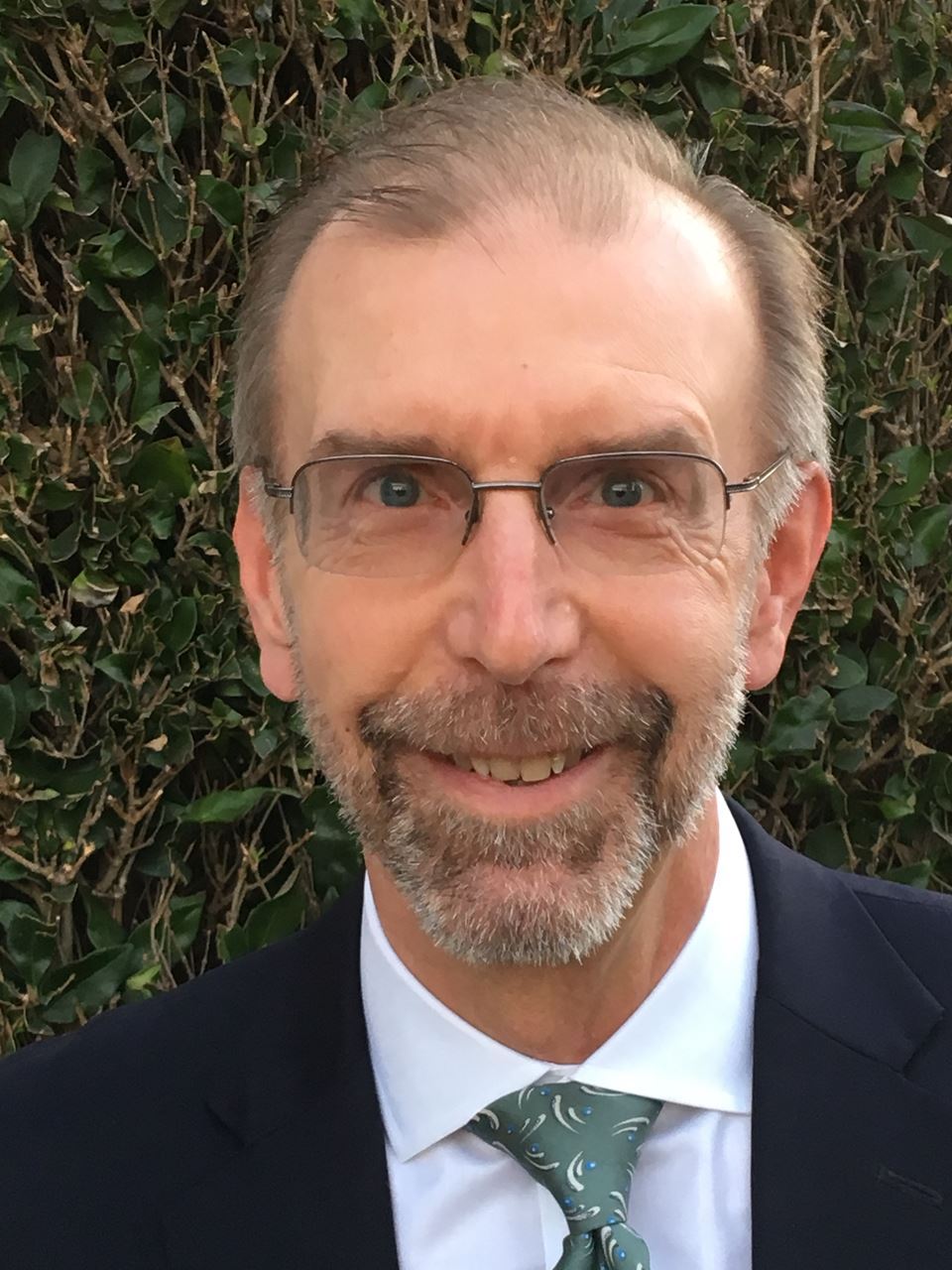
A. TOM HORVATH, PH.D. ABPP is President of Practical Recovery Psychology Group in San Diego, Past President of the American Psychological Association’s Society of Addiction Psychology (Division 50), Past President of the San Diego Psychological Association, and author of Sex, Drugs, Gambling & Chocolate: A Workbook for Overcoming Addictions (recognized by the Association for Behavioral and Cognitive Therapies and Self-Help That Works). He was volunteer President of SMART Recovery, an international mutual help group, for 20 years. He is a Fellow of the San Diego Psychological Association, the Association for Behavioral and Cognitive Therapies, and the American Psychological Association (Divisions 42 and 50).
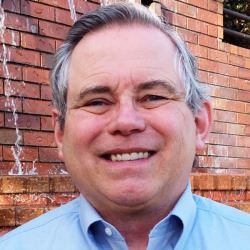
ARTHUR J. FARKAS, PH.D. is the co-founder and co-director of Lasting Recovery Outpatient Substance Abuse Treatment Center, an outpatient facility in San Diego. He is a graduate of UCSD. He completed post-doctoral training in clinical psychology at Alliant International University. His early career focused on industrial and organizational psychology at the Naval Personnel Research and Development Center, San Diego. He has over two dozen peer reviewed scientific publications. He has worked in addiction treatment for 30 years.
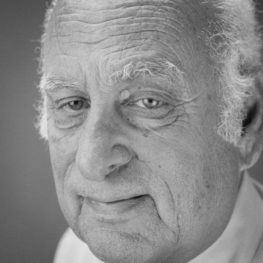
STEVEN BUCKY, PH.D. ABPP has served on CPA’s Ethics Committee 1989-1996 and 2012-Present and was President of CPA in 1997. Dr. Bucky is a Distinguished Professor, Director of Professional Training, and Chair of the Ethics Committee at the California School of Professional Psychology at Alliant International University.
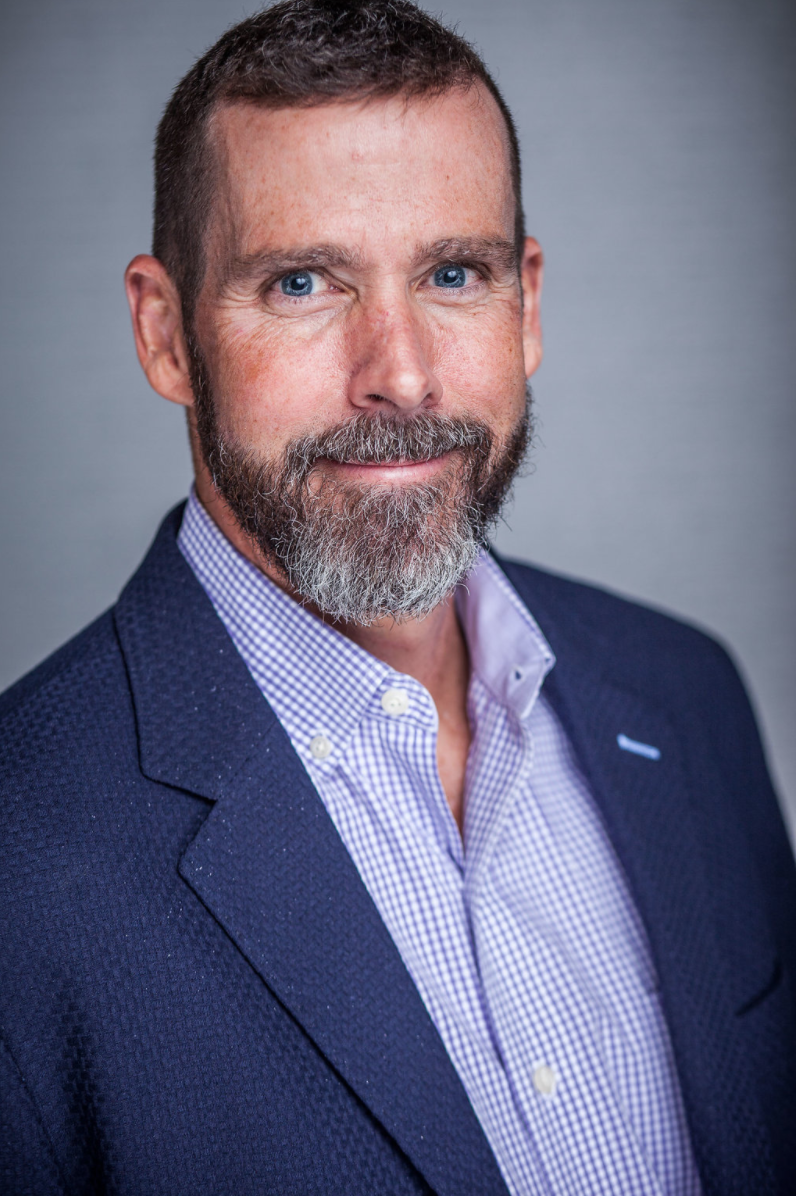
TIM RAYNER, M.D. is a graduate of the U.S. Naval Academy and Tulane Medical School. He completed his psychiatry residency at Naval Medical Center San Diego, and his psychoanalytic training in San Diego while still on active duty. He is a Training and Supervising Analyst, and Co-Director of Education at the San Diego Psychoanalytic Center. He serves as the Lead Councilor on the Executive Council, or Board of Directors of the American Psychoanalytic Association. He is in full time private practice in San Diego.
Conflicts of Interest: As an APA-approved sponsor of continuing education, San Diego Psychological Association is committed to the identification and resolution of potential conflicts of interest in the planning, promotion, delivery, and evaluation of continuing education. Please review the conflict of interest guideline below.
APA Guidelines Regarding Potential Conflicts of Interest:
Consistent with concepts outlined in the APA Ethical Principles of Psychologists and Code of Conduct, potential conflicts of interest occur when an individual assumes a professional role in the planning, promotion, delivery, or evaluation of continuing education where personal, professional, legal, financial, or other interests could reasonably be expected to impair his or her objectivity, competence, or effectiveness.
The SDPA CE Committee has reviewed and approved this presentation proposal. The speaker(s) have stated there is no commercial support or conflict of interest related to this program.
Attendance Policy: CE Credit and Certificates will not be issued to those who arrive later than 15 minutes or leave early from any course scheduled time. This policy is strictly enforced to ensure compliance with APA Guidelines.
Cancellation Policy: No refund will be given to any registered individual who is a no-show to a course. Any individual canceling within 72 hours of a course will be refunded 50% of the course fee.
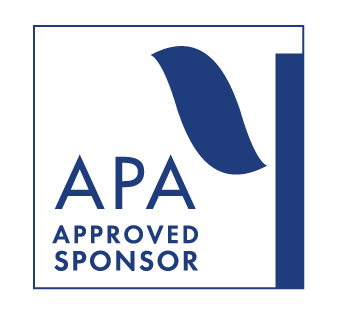
The San Diego Psychological Association (SDPA) is approved by the American Psychological Association (APA) to sponsor continuing education for psychologists. SDPA maintains responsibility for this program and its content.
In California, APA approved CE’s are valid for licensed psychologists, licensed school psychologists, LCSW, LFMT, LEP & LPCC licensees. Though APA is a national organization, the out of state licensee should check with their state governing board to make sure that APA approved CE'’s are valid in their state for their license.